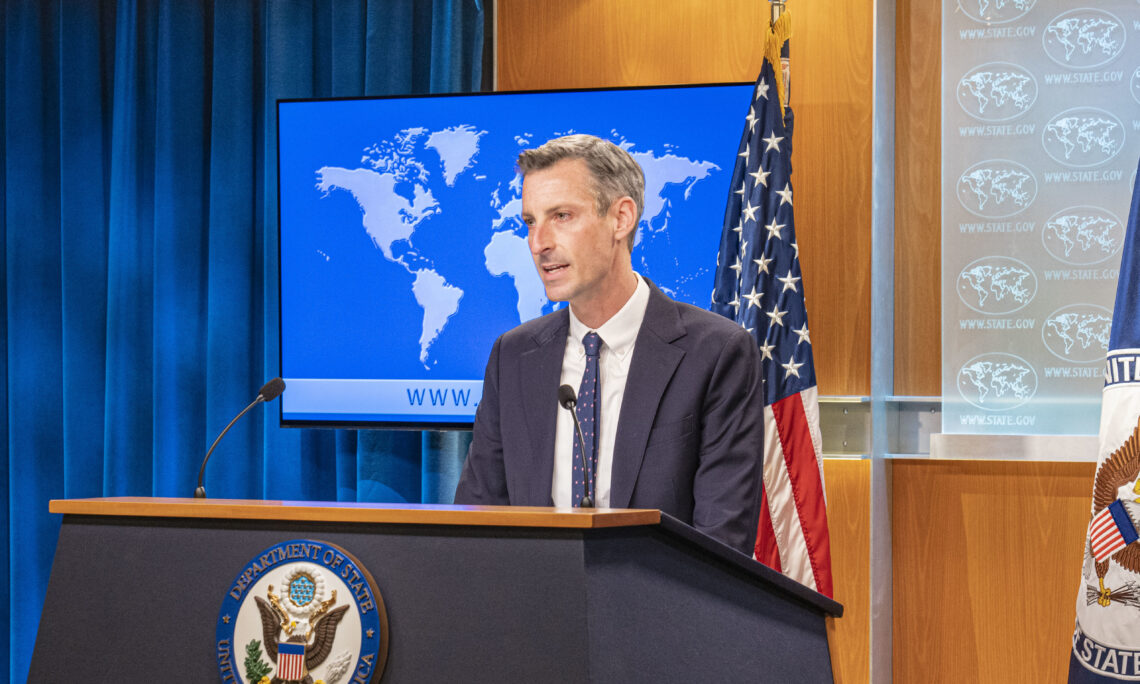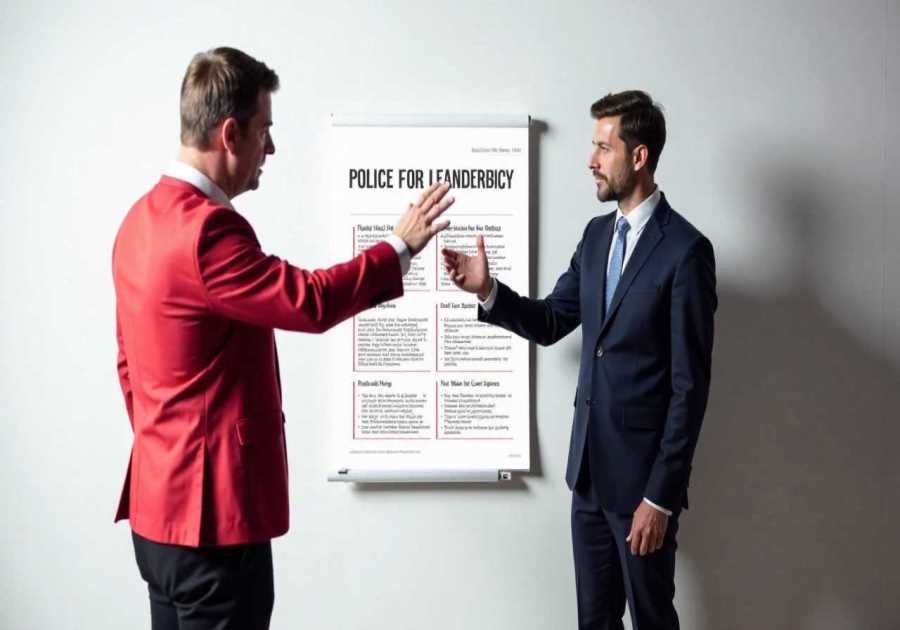
In today's politically charged climate, mastering the art of political converse is essential for fostering productive and respectful discussions.
This article explores key strategies for engaging in thoughtful and informed conversations about politics.
By understanding our own position, respecting differing perspectives, researching subject matter, utilizing clear and concise communication, and abstaining from personal criticisms, we can navigate political discussions with grace and contribute to a more inclusive and democratic society.
Understanding Your Own Position
Understanding your own position is crucial in engaging in meaningful and informed political conversations. Before engaging in any political discourse, it is important to engage in self-reflection. This entails taking the time to critically analyze your own beliefs, values, and biases. By understanding your own position, you can approach political conversations with an open mind and a willingness to consider alternative viewpoints.
Self-reflection allows you to identify your own biases and prejudices, which may influence the way you interpret information and engage with others. It helps you become aware of any preconceived notions or assumptions you may hold, enabling you to approach political discussions with a more objective mindset.
Open-mindedness is another key aspect of understanding your own position. It involves being receptive to different perspectives and being willing to explore ideas that may challenge your own beliefs. Being open-minded fosters intellectual growth and allows for a more constructive exchange of ideas and opinions.
Respecting Differing Perspectives
To engage in meaningful political conversations, it is essential to approach differing perspectives with respect. Respecting differing perspectives entails practicing empathetic listening and maintaining an open-minded attitude.

Empathetic listening involves genuinely trying to understand the other person's point of view, acknowledging their feelings, and validating their experiences. It requires setting aside personal biases and preconceived notions to truly listen and comprehend the other person's perspective.
Open-mindedness goes hand in hand with empathetic listening, as it involves being receptive to new ideas and willing to consider alternative viewpoints. Approaching political conversations with respect, empathy, and open-mindedness fosters a conducive environment for constructive dialogue and promotes understanding and tolerance among individuals with differing perspectives.
Researching Subject Matter
An article determiner is used to introduce a new topic. When engaging in political converse, it is crucial to conduct thorough research on the subject matter. This involves going beyond surface-level understanding and taking a deep dive into the topic.
To effectively research subject matter, individuals should employ critical analysis skills to evaluate the information they come across. Here are three steps to guide the research process:
- Identify credible sources: Look for reputable news outlets, scholarly articles, and expert opinions to gather accurate and reliable information. Avoid relying solely on biased or unverified sources.
- Cross-reference information: Double-check facts and claims by consulting multiple sources. This helps to ensure the accuracy and validity of the information.
- Analyze different perspectives: Consider various viewpoints and arguments surrounding the subject matter. This allows for a comprehensive understanding and enables individuals to form well-informed opinions.
Utilizing Clear and Concise Communication
When engaging in political converse, it is essential to employ clear and concise communication techniques to effectively convey ideas and viewpoints.
Effective listening is crucial in understanding the perspectives of others and responding thoughtfully. It involves fully engaging with the speaker, paying attention to both verbal and non-verbal cues, and seeking clarification when necessary.
By actively listening, one can better understand the underlying motivations and values driving different viewpoints, which can inform the development of persuasive arguments.

In addition, clear and concise communication involves expressing ideas in a straightforward and understandable manner. This requires avoiding jargon and complex language and instead using simple and direct language that resonates with the audience.
Abstaining From Personal Criticisms
Engaging in political converse necessitates refraining from personal criticisms to maintain a respectful and productive dialogue. When discussing political issues, it is important to focus on the ideas and arguments presented rather than attacking the individuals expressing them. This helps to create an environment that encourages open and honest discussion.
Here are three reasons why avoiding ad hominem attacks and maintaining a civil tone is crucial in political conversations:
- Preserving respect: Personal criticisms can quickly escalate into insults and animosity, undermining the possibility of finding common ground or understanding different perspectives.
- Fostering productive dialogue: By focusing on the substance of the arguments, participants can engage in meaningful discussions that promote the exchange of ideas and the exploration of different viewpoints.
- Building trust: Avoiding personal attacks demonstrates a commitment to fairness and professionalism, which can enhance trust among participants and increase the likelihood of reaching mutually beneficial outcomes.
To create a culture of constructive political discourse, it is essential to prioritize respectful communication over personal criticisms.
Frequently Asked Questions
Can You Provide Tips on How to Stay Calm and Composed During a Political Conversation, Even When Faced With Differing Viewpoints?
Staying composed during political conversations, especially when faced with differing viewpoints, requires managing emotional attachments. Remaining objective, analytical, and informative is crucial to engaging in a productive and respectful dialogue that fosters freedom of expression.
Are There Any Specific Strategies to Effectively Engage in Political Conversations With Individuals Who Have Strong Emotional Attachments to Their Beliefs?
Strategies for engaging in political conversations with individuals who have strong emotional attachments to their beliefs involve active listening, empathy, and respectful communication. These techniques help foster understanding and create a space for productive dialogue.
How Can I Ensure That My Political Arguments Are Backed by Credible Sources and Accurate Information?
To ensure that your political arguments are backed by credible sources and accurate information, it is essential to conduct thorough research, verify the reliability of your sources, and critically analyze the information before presenting it.

Are There Any Techniques to Avoid Using Jargon or Complex Terminology While Discussing Political Issues, in Order to Make the Conversation More Accessible to Everyone?
Avoiding jargon and simplifying language while discussing political issues can make conversations more accessible. By using clear and concise explanations, individuals can engage a wider audience and foster a more inclusive and informed political discourse.
Is There a Recommended Approach for Addressing Controversial or Sensitive Topics Without Resorting to Personal Attacks or Insults?
Approaching sensitive topics while avoiding personal attacks or insults requires effective listening skills and a respectful demeanor. It is essential to engage in thoughtful and constructive dialogue, focusing on the issues at hand rather than attacking individuals.






